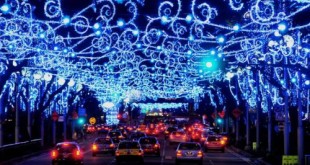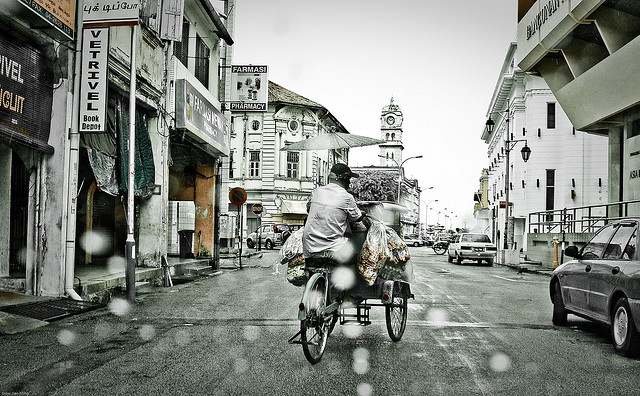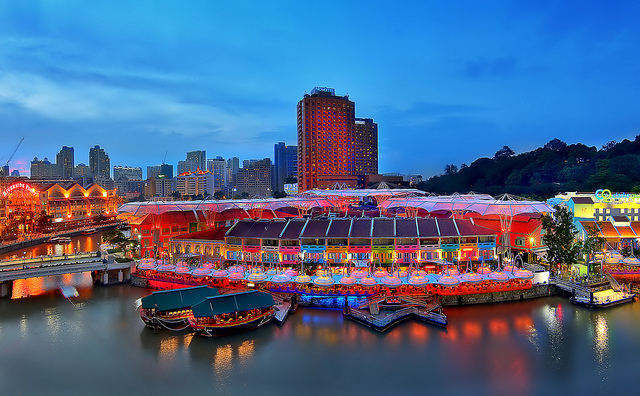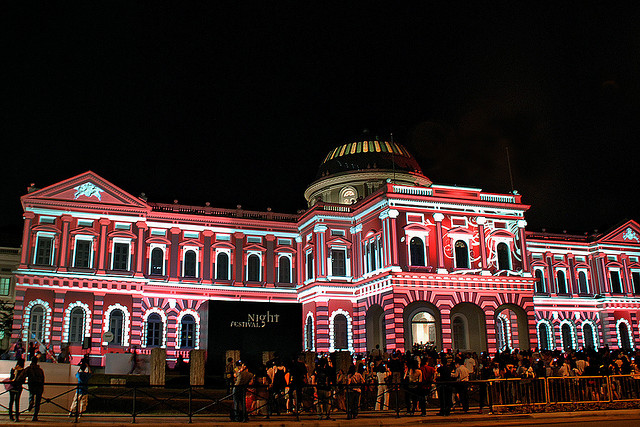The Dragon Boat Festival is traditionally celebrated by the Chinese and can be traced back to ancient China. The festival falls on the 5th day of the 5th month of the Lunar Calendar, therefore earning its name as Duan Wu Jie, or the Double Fifth Festival. The dates vary when using the Gregorian calendar, and in 2013 the Dragon Boat festival will fall on June 12.
Oddly enough, the festival was only recognized as a public holiday in 2008, three years after the People’s Republic of China pushed for the recognition of three traditional holidays, one of which was Duanwu.

Origins of the Duanwu Festival
The most popular origin of the Duanwu Festival is closely related to the death of the poet Qu Yuan, a high ranking Chinese official who was later accused and exiled for treason. When corruption became more rampant and his hometown was invaded, Qu Yuan committed suicide by throwing himself in the Mei Lo River. Village fishermen tried to rescue the poet, but to no success. To prevent fish from eating his body, local supporters threw bamboo-wrapped sticky rice into the water.
The sticky rice balls became known as zongzi. Its preparation and consumption became one of the traditions of the Duanwu Festival and also gave the festival its other name of Chinese Dumpling Festival. The attempts of the fishermen to rescue Qu Yuan became the origin of dragon boat racing, giving modern races a symbolic meaning.

Worldwide Celebration
The Duanwu Festival is not just celebrated by the Chinese. Many countries around the world are also taking on the tradition of commemorating the holiday, particularly those in the East and Southeast Asian regions that have big populations of people of Chinese descent.
Singapore Duanwu
Singaporeans also hold races to symbolize the search for Qu Yuan’s body in the river. These have also become floating parades as boats are decorated and used in a variety of traditional rites before each race. The popular venues for these races are the Bedok Reservoir and Kallang River.
The zongzi have also become a delicacy among the Singaporeans. The preparation of these delicious rice balls have become a ceremony in itself, and is eagerly awaited by guests. Locally, zongzi is called “ba chang”.
Malaysia Duanwu
Malaysian Duanwu traditions closely follow those of the Chinese. They hold races among members of villages, organizations and local clans, but at the same time, offer races that are open to different dragon boat teams from all over the world. The Malaysian zongzi have also expanded to using not just cured meat but also sweetened fruit and bean paste.
Dragon Boat Racing as a Sport
When it comes to Duanwu celebrations in Asia, the Philippines is the odd-man out. Despite having a large population of people of Chinese descent, the country predominantly follows the Catholic faith. However, the Philippines recently became interested in dragon boat racing as a sport and has gained quite a following over the years. The country has also hosted several racing events and is widely attended by dragon boat race enthusiasts all over the world.
Outside of Asia, San Francisco is home to one of the biggest Dragon Boat Festivals in the world. The city has long been known for having a diverse and multicultural community. The Dragon Boat Festival brings in thousands of tourists and sports enthusiasts who participate in cultural performances, family-friendly activities and eat from international food vendors. The city has several dragon boat racing teams that compete in various events all over the world.
Today, the popularity of the sport continues to grow as many become interested in participating in the boat race events. At the same time, more people are becoming aware of the cultural significance of the Duanwu, and are more than happy to carry it on for the next generation.
Photos by Tianyake and beautifulcataya





